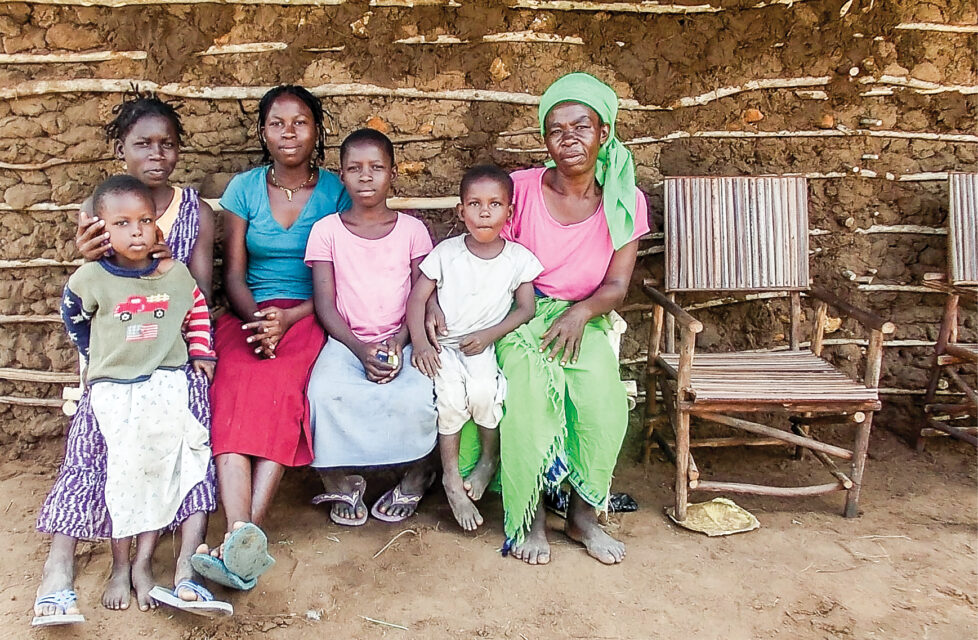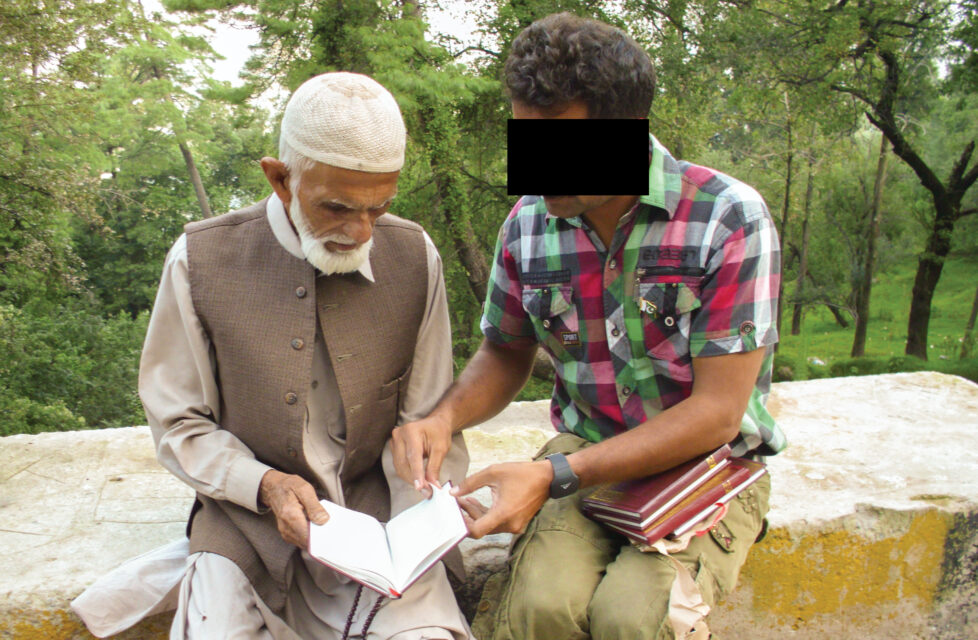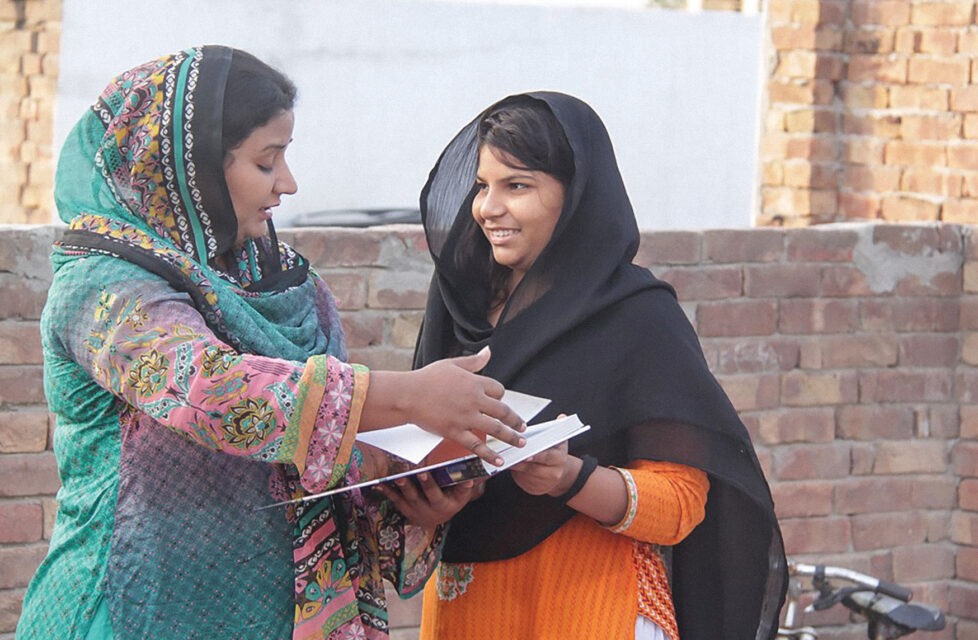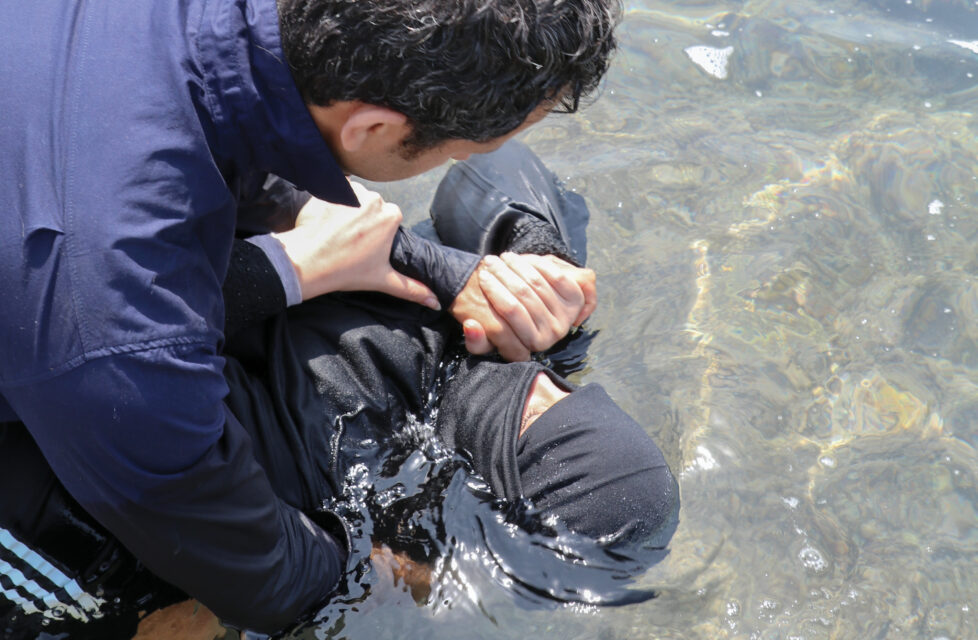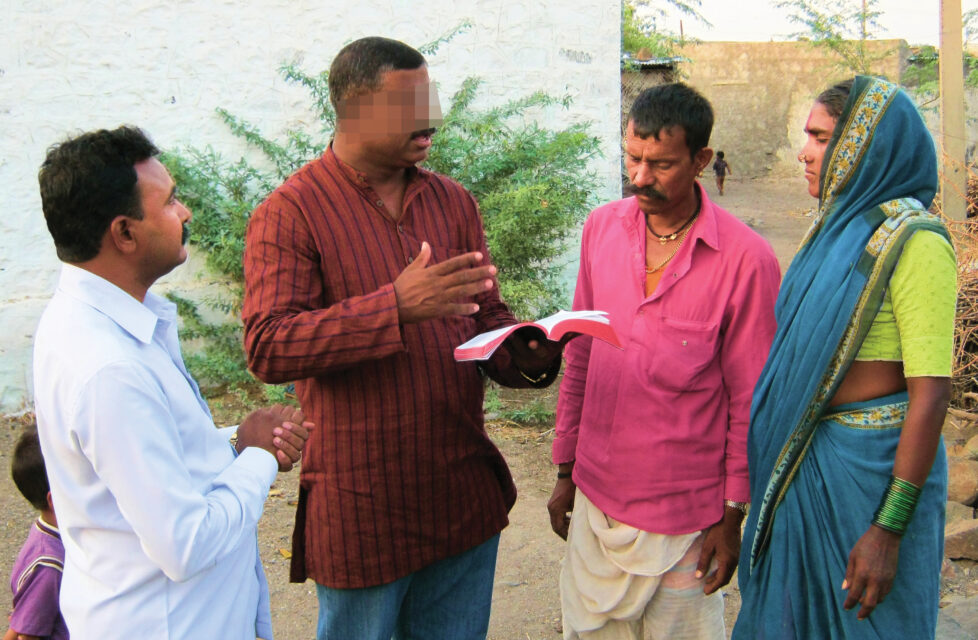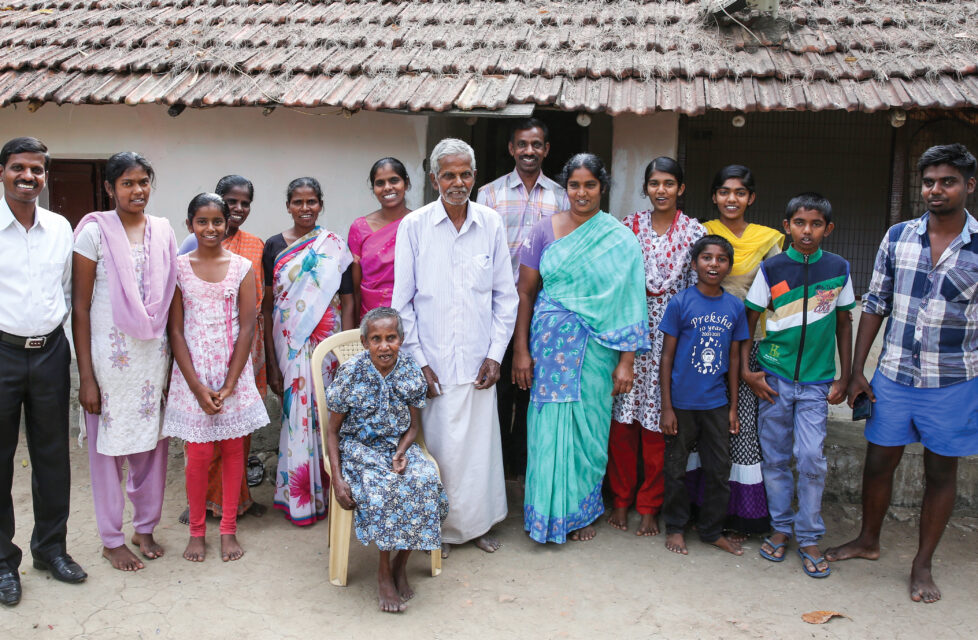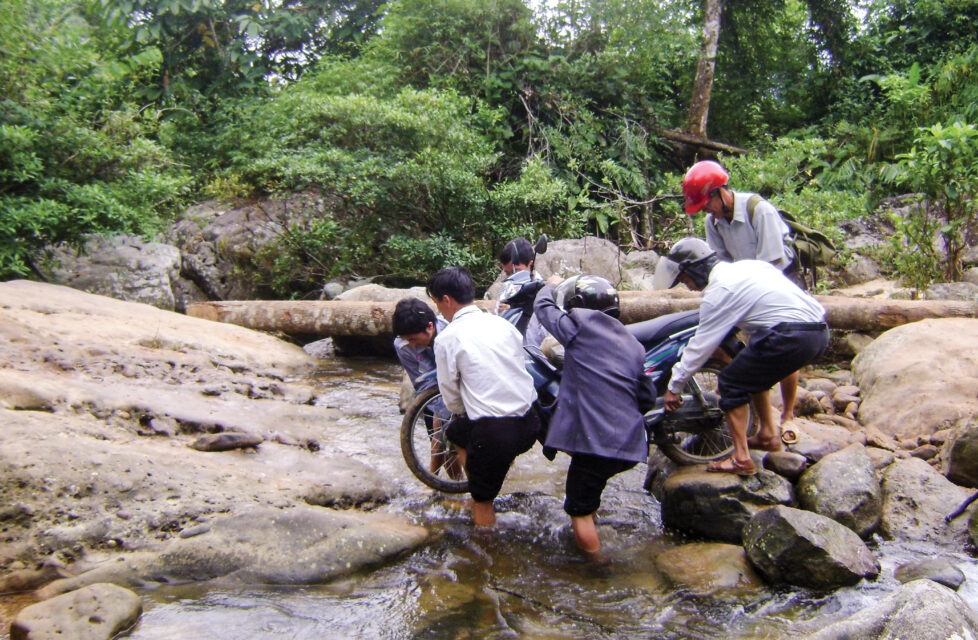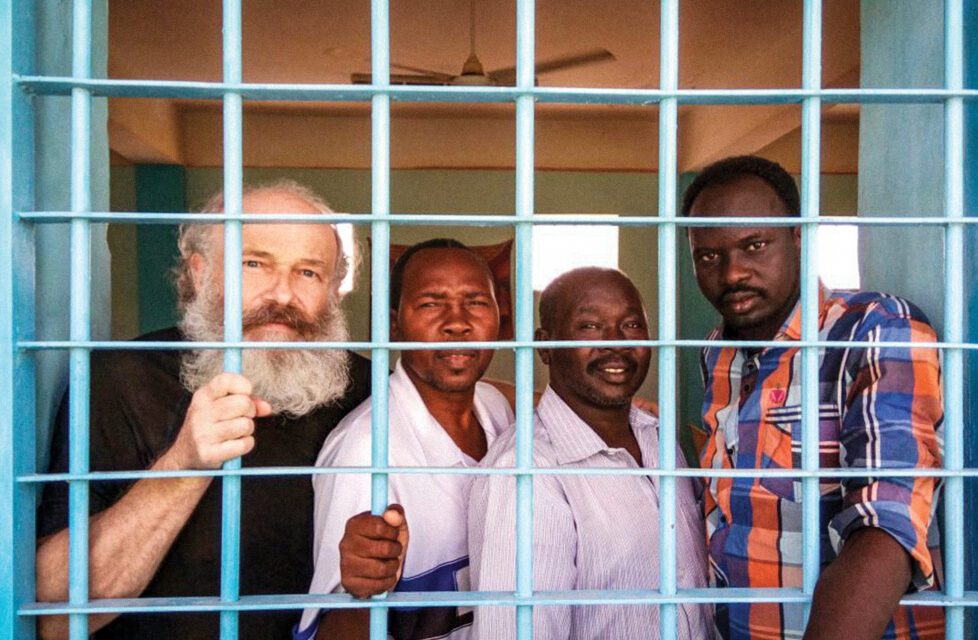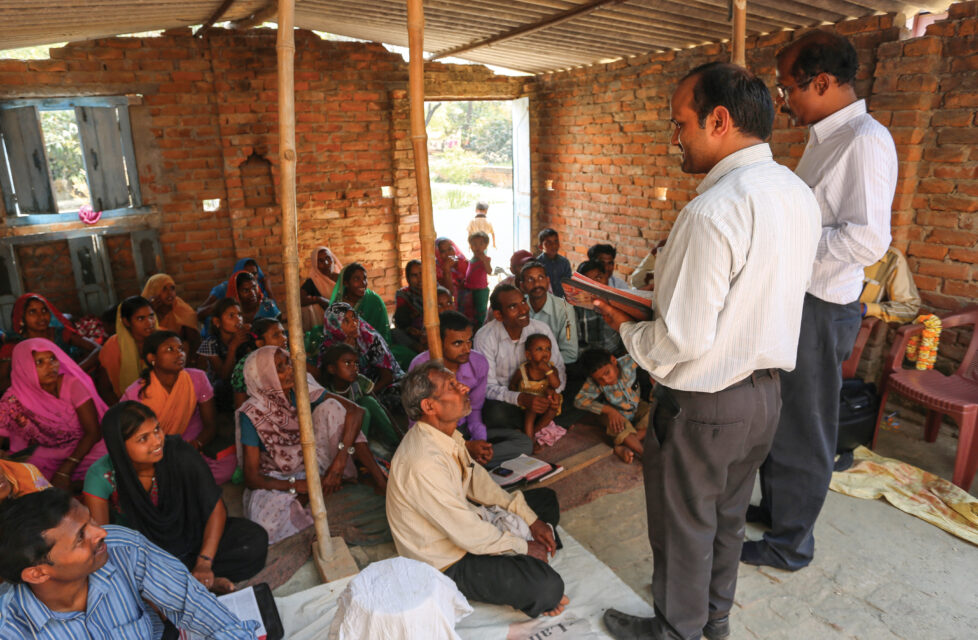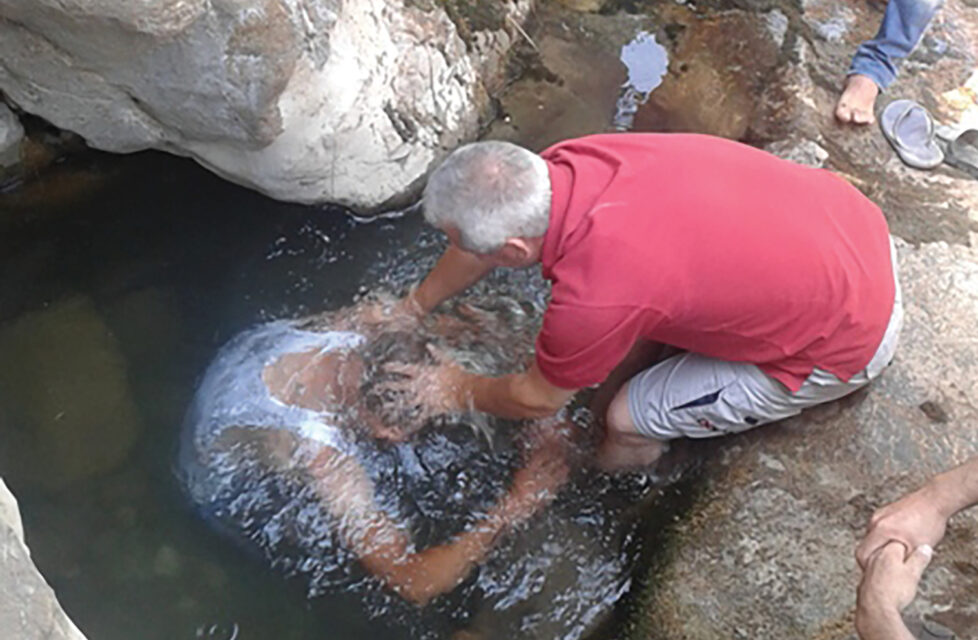One week before Christmas in 2013, Abdi was driving to work as usual in Mogadishu when the sound of gunfire erupted all around his car. As he slowed the vehicle, a group of men armed with AK-47 assault rifles approached the driver’s side and shot Abdi to death before fleeing in a getaway car. Al-Shabab had gotten their man. Abdi was one of fewer than 200 secret believers in Somalia. Like most of the others, he had been raised as a Muslim but later found new life in Christ. His first experience with al-Shabab had occurred in 2011, when they found pages of a Bible in his house while randomly searching his neighborhood. Abdi was immediately dragged away to an underground concrete cell, where he was tortured with a wooden baton and locked in a room with dead bodies. His captors demanded the names of other Christians, but Abdi wouldn’t give them up. Several weeks after his abduction, Abdi took the opportunity to escape after noticing that a guard had forgotten to lock his cell door one night. Abdi ran from his cell and scrambled over a wall as al-Shabab guards fired at him. The militants chased him in two
Read MoreAs a member of Pakistan’s tiny Christian minority, Hamid was treated poorly by Muslims in his community. By God’s grace, however, today Hamid loves and shares Christ with his persecutors. Growing up, Hamid Banday had every reason to hate the Muslims in his Pakistani village. His Muslim classmates bullied him, and villagers harassed and discriminated against his family because of their Christian faith. Village authorities even denied them use of the local water well during peak summer heat. Hamid never saw a reason to show love to Muslims … until he realized God had told him to. With God’s guidance and help, he now tries to see Muslims as God sees them, as people made in His image who are in need of a savior. “I think I am learning every day not to hate Muslims,” Hamid admitted. “Sometimes, you know, these feelings are very much grounded inside me from my childhood. Every day I try to overcome these feelings. Somehow I am often successful through His grace, but every day I pray, ‘God, remove the hatred from my life.’” Tough Lessons Hamid is among the fraction of 1 percent who know Jesus in his village. The other 99 percent
Read MoreBoth Anam and Rania have suffered greatly because of their Christian faith, but their work among persecuted Christians has brought unexpected healing from deeply rooted hate. As one of Pakistan’s Christian minority, Anam experienced persecution and harassment throughout her life. And for much of her life, she had an understandable hatred for her persecutors. “I started to hate Muslims after my uncle’s death,” she said. Anam looked up to her Uncle “Naimat,” a smart schoolteacher who had always encouraged her in her studies. They shared a love of poetry, and Anam hoped to be just like him when she grew up. Naimat, the only Christian teacher working at his school, tried to stand up for his students’ best interests. When his Muslim colleagues sent students on personal errands, Naimat intervened and told the students to use their time wisely on their studies. After he was eventually promoted to the position of school principal because of his exemplary work, Naimat’s colleagues became deeply jealous. They hated him so much, in fact, that they hired a hit man to kill him, telling the killer that Naimat had blasphemed the Prophet Muhammad. On Jan. 6, 1992, the hired killer stabbed Naimat to death
Read MoreIn a small, dimly lit office in a Middle Eastern country, Khaled sits quietly on a couch with his hands folded in his lap and scans the room. This is where he’ll share the darkest memories of his family’s lives as Christians in Yemen — a country he and his four children fled following the silent martyrdom of his wife, Samira. He’s surprisingly calm as he prepares to share the gritty details of his journey out of Islam and the countless incidents of persecution his family experienced as a result. He knows there’s a purpose to the pain he and his children still feel today. “When I think about our story, the only thing I can think is that God is preparing us for something bigger … to serve Him,” Khaled says smiling. “It is in layer after layer of persecution that He changes us to be like Him.” A Student of Islam Khaled’s story of persecution begins where his faith in Islam ended. On the morning of Sept. 11, 2001, Khaled led the call to prayer at his mosque in Yemen. Doubts about his father’s strict Wahhabism had already left cracks in his Muslim faith. Later that day, when
Read MoreJust 10 days after Narendra Modi became India’s prime minister, Pratik and his family were targeted by Hindu nationalists. Reaching Pratik’s house requires a bumpy drive down a narrow dirt road through a forest of sunlit coffee trees. Winding through the 10-acre coffee plantation, the road suddenly takes a sharp right turn before dropping down a steep hill. At the bottom of the hill — away from everyone else — sits his family’s small home. In another part of the world, the house might feel like a peaceful hideaway. In southern India, however, Pratik and his family feel trapped. They’ve felt this way since June 4, 2014, when about 30 Rashtriya Swayamsevak Sangh (RSS) members stormed into their house, forced Pratik, his wife, Dharmi, and their elder of two teenage daughters into SUVs and drove them to the nearest Hindu temple to be “reconverted” to Hinduism. Their younger daughter managed to escape the Hindu nationalists, who are working to return India’s population to its Hindu roots. Life as Christians surrounded by 400 Hindu families had never been easy for Pratik’s family, and it has become even more difficult since Narendra Modi became India’s prime minister. Modi is a long-time RSS
Read MoreA year after facing persecution for the eighth time, 90-year-old Jatya is prepared to suffer yet again. Jatya is eager to share the evidence of his faithful evangelism with visitors. The frail yet energetic man lives in southern India, in a village heavily populated with paid informants for the Rashtriya Swayamsevak Sangh (RSS). The RSS, a national volunteer organization with more than 5 million members, intimidates and even forces Christians to return to their nation’s “Hindu roots.” One of Jatya’s most prized possessions is a manila packet stuffed with photos and newspaper articles recounting the eight times he has been beaten for sharing the gospel in his village. It all started in 1992, when Jatya refused to sign a document promising to stop evangelizing. Police officers responded to Jatya’s stubbornness by breaking all of his fingers. Three years later, Hindu radicals beat him and dragged him to the police station, where he spent a week in jail. And the scars on Jatya’s left arm and hand are constant reminders of the third time he was persecuted for his faith; a Hindu neighbor whipped him with a bicycle chain, causing severe lacerations. After each brutal beating, however, Jatya returns home from
Read More“No, you cannot tell others about Christianity!” the teacher scolded. “You cannot do this because Christianity is an American religion and a very bad religion.” The high school teacher’s harsh words neither surprised nor discouraged young Hanh. Ever since seeing how the gospel had changed his alcoholic father, he had wanted to follow Christ and tell others about Him. But being a Christian and sharing your faith in communist Vietnam are not without consequence. Sharing Christ is illegal, and Hanh knew it. Those who evangelize are harshly reprimanded. Some have been fined or kicked out of school, while others have been beaten, imprisoned and expelled from their villages. Hanh is one of several dozen young Vietnamese Christians completing a Bible study on the life of Christ. The group first began meeting two days a week to go through the six-book series, but their hunger to learn was so great that they decided to meet nightly. After being confronted by his angry high school teacher, Hanh prayerfully considered his response. “I will stop following Christ if you can explain one thing for me,” he said. “Why does the cow eat grass, which is green, but when it creates milk it is
Read MoreWhen the airport security officer tapped me (Petr) on the shoulder and motioned for me to follow him, I didn’t think much of it. It was Dec. 10, 2015, and I was heading home after spending four days in Sudan meeting with Christians and evaluating how VOM could help the church there. With my boarding pass in hand, I assumed I was merely being given an extra security screening at Khartoum airport. Everything seemed routine until the officer spread several photographs before me on a table. I stared in shock at photos taken of me outside my hotel and other photos of me at a restaurant where I had shared a meal with a Sudanese pastor. Clearly, I had been under surveillance by Sudanese police ever since entering the country. I looked nervously at my watch. My plane was about to take off, and I wasn’t going to be on it. Instead, I was being falsely charged with multiple crimes, including espionage and entering Sudan illegally. Prepared for Suffering When I was a teenager, my father handed me a book one day and said simply, “You should read this.” And that was how I got to know Richard Wurmbrand. The
Read MoreWalter was a new Christian, and he was scared. Most people in his village thought anyone who left Hinduism was rejecting Indian culture, so Christians were highly criticized by their neighbors. Although Walter was reluctant to talk about his faith, he admired his pastor’s boldness. Eventually, he decided to visit a neighboring village with Pastor Joseph. When a Hindu family asked them to pray for a sick family member, they gladly entered their home. But when they walked back out, about 50 men were waiting for them. The mob began to beat them and smash their vehicle with sticks. They looted their vehicle and dragged the Christians to the police station, where they were thrown in jail. Pastor Joseph lost four teeth in the beating, and Walter was covered with bruises. But the pastor was undeterred. As he crouched on the dirt floor of the jail cell, still aching from the beating, he couldn’t stop talking about Jesus with other prisoners in the cell. Walter watched as three of his cellmates gave their lives to Christ. Suddenly, something inside him overflowed. He turned to the prisoner slumped beside him. “Do you know that Jesus loves you?” he began. The man
Read MoreWorshipers stand shoulder to shoulder on the auditorium floor as musicians sing and play joyfully from the stage. The balcony is also crowded, and even more people cluster around doors and windows to join in worship. The most surprising thing about this packed service, however, is its location — it’s taking place in Muslim-majority Algeria, where religions other than Islam face tight government restrictions. As evidenced by this worship service, the restrictions haven’t hindered the Berber Christians living in northern Algeria. Within the last 30 years, the Berber people have reclaimed their heritage as the original inhabitants of the region, rejecting the language, culture and religion imposed on them by Arab Islamic invaders beginning in the seventh century. Having rejected Islam, many Berbers are now embracing Christianity. Both registered and unregistered Christian churches are growing exponentially in the region, some consisting of a handful of believers in a living room and others meeting in newly constructed church buildings with a complete church staff. Some of the churches VOM works with have even sent missionaries from their own congregations to share Christ with Algeria’s Arab population, the very people who have oppressed Berber Christians for centuries. Churches are allowed to meet
Read More
